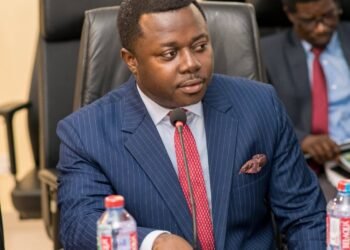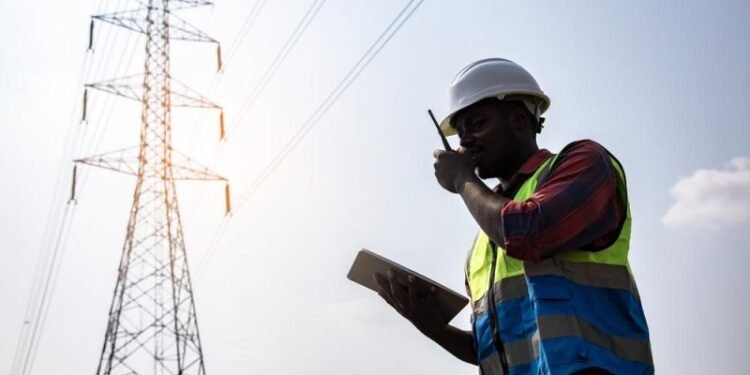Iran and the United States have begun a second round of indirect nuclear talks in Italy’s capital, Rome.
Iranian Foreign Minister, Abbas Araghchi led the Iranian delegation, while envoy Steve Witkoff headed the US team.
The discussions took place in Oman’s embassy in Rome. The Gulf country, which has a history of hosting Iran-US negotiations, is mediating these talks.
Iran continued to insist that the second round of the talks are “indirect”, like the first round.
Iran’s Foreign Ministry spokesperson, Esmail Baghaei told state television that the two delegations are located in separate rooms, with the Omani Foreign Minister, Badr Albusaidi mediating between them.

In reference to reports that the delegations are in the same room and speaking directly, Baghaei stated, “We have faced waves of incorrect or fake news about the talks before.” He added, “What matters is that we carry out our responsibility on the negotiations well.”
The talks in Rome come a week after the two sides had what Iran called indirect talks in Muscat – the first high-level discussions since US President Trump abandoned the nuclear deal in 2018.
Western countries including the US have long accused Iran of seeking to acquire nuclear weapons, an allegation Tehran has consistently denied, insisting that its programme is for peaceful civilian purposes.
Following his return to office in January, US President, Donald Trump revived his “maximum pressure” campaign of sanctions against Iran.

The endless waves of US sanctions imposed since Trump left the nuclear deal in May 2018 have battered the Iranian economy and made Iranians considerably poorer.
Inflation has persistently stood at more than 30 percent – and at intervals above 60 percent – in the past few years, with the national currency constantly freefalling.
Each US dollar fetched less than 40,000 rials before Trump torpedoed the deal, but that rate stands at about 1 million rials per greenback at the moment.
All sectors of the Iranian economy are affected by the sanctions, as Iran has been cut off from the international payment system and the US secondary sanctions threaten any person or entity choosing to engage with Iran.
Even imports of medicine and medical equipment have not been spared. The US only intensified its sanctions as Iran experienced the deadliest COVID-19 pandemic of the Middle East.
Iranians are banned from most international services, including software and cloud platforms, web services such as education and online learning businesses, freelance work services, and even gaming platforms.
Last month, Trump sent a letter to Iran’s Supreme Leader, Ayatollah Ali Khamenei urging renewed nuclear talks while also warning of military action if diplomacy failed.
Meanwhile, the US President said on Thursday, “I’m not in a rush” to use the military option, adding that he thinks Iran “wants to talk.”
Iran Expresses ‘Doubts’ About US Intentions Prior To Nuclear Talks

Speaking yesterday during a joint news conference alongside his Russian counterpart, Sergey Lavrov, Araghchi cast doubt over the US’s intentions.
Araghchi said that Iran “observed a degree of seriousness” on the US side during the first round but questioned their intentions.
“Although we have serious doubts about the intentions and motivations of the American side, in any case, we will participate in tomorrow’s negotiations. We are fully prepared to pursue a peaceful resolution for Iran’s peaceful nuclear programme.
“If there is similar willingness on the other side, and they refrain from making unreasonable and unrealistic demands, I believe reaching an agreement is likely.”
Abbas Araghchi
In a social media post earlier today, Esmail Baghaei, the Iranian Foreign Ministry spokesman, said that Iran was “aware that it is not a smooth path but we take every step with open eyes, relying also on the past experiences.”
READ ALSO: Defence Minister Vows Crackdown on Galamsey Kingpins



















